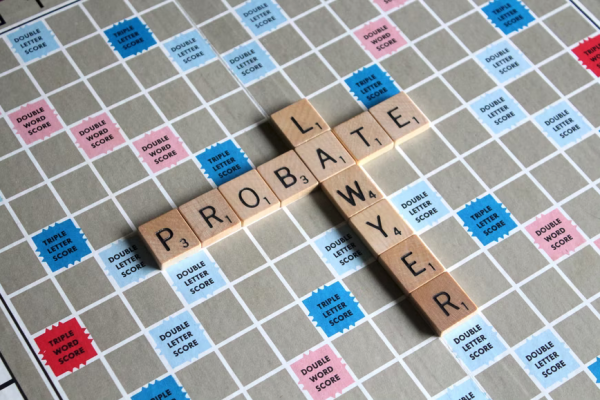Probate and Property: How Does It Work?

Probate is a legal process that occurs when someone dies, and their estate needs to be divided up and distributed among their heirs. This can be a complicated process, and it’s essential to understand how it works to make the best decisions for your loved ones.
This post will explain the basics of probate and property distribution. We’ll also discuss some of the most common problems that arise during this process and how to deal with them.
Understanding the Probate Process
The court will appoint an executor to oversee the probate process, and they will be responsible for ensuring that the deceased person’s assets are distributed according to their wishes. It’s essential to understand the probate process to make the best decisions for your family. In the UK, the probate process can be complex, mainly if the estate is large or there are multiple beneficiaries.
- The first step is to identify all of the deceased’s assets. This includes property, savings and investments, and any debts they may have owed. Once all assets have been identified, it is necessary to pay any Inheritance Tax to HM Revenue & Customs (HMRC).
- The next step is to liquidate (sell) the deceased’s assets and settle their liabilities. This can be a time-consuming process, mainly if there are a lot of assets to deal with. Once all of the debts have been settled, and the final estate administration expenses have been paid, it is then possible to prepare estate accounts for all payments into and out of the estate.
- Finally, if there are no challenges to the estate, the final phase will involve transferring assets to the beneficiaries.
How to Deal with Property in the Probate Process
One of the most common assets that need to be dealt with is property. If the deceased owned property, it will need to be valued and sold to pay any debts or taxes owed. The estate’s executor is responsible for ensuring that the property is sold for the best possible price. This can be difficult, mainly if the property is in negative equity. In this situation, it may be necessary to sell the property at a reduced price to pay off the outstanding debts.
Consequences of Negative Equity
If the property is sold for less than the outstanding mortgage, the beneficiaries will be liable for any shortfall. This can have several consequences, including the possibility of the property being repossessed.
Be aware of these risks before you agree to sell the property. If there is a foreign property and you’re not sure whether or not you can afford to take on this responsibility, speak to a solicitor or financial advisor before making any decisions.
The probate process can be complex and time-consuming, but it’s essential to understand how it works to make the best decisions for your loved ones. If you’re dealing with the death of a loved one, we hope this blog post has been helpful.
We are here to help during this difficult time, always aiming to make the process as stress-free as possible for you. If you feel like you need further advice or assistance from an expert, please contact us today.




